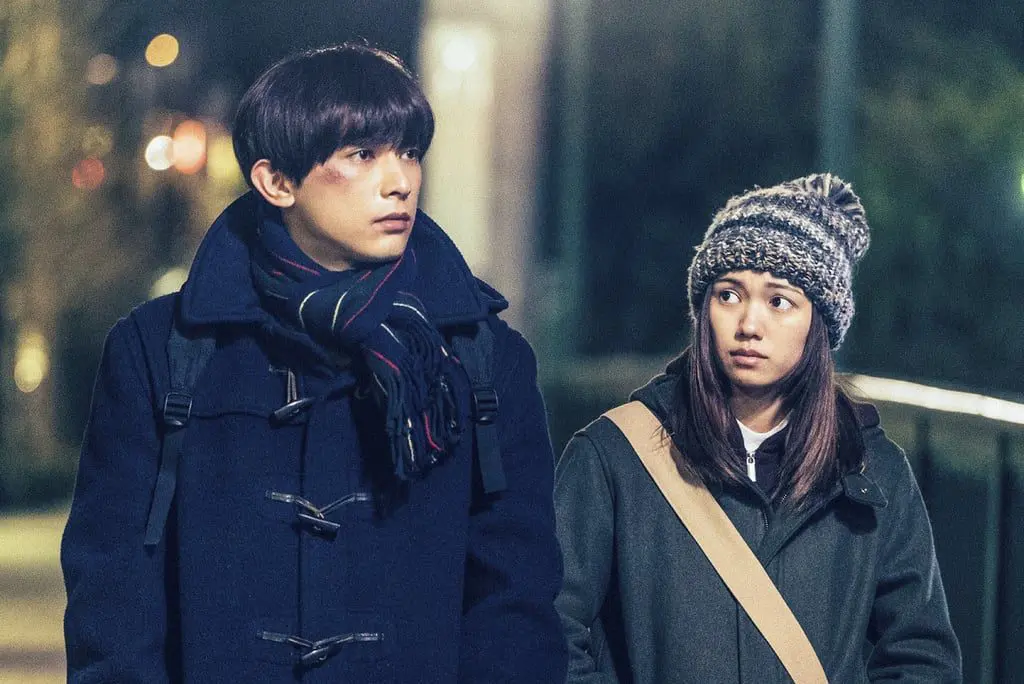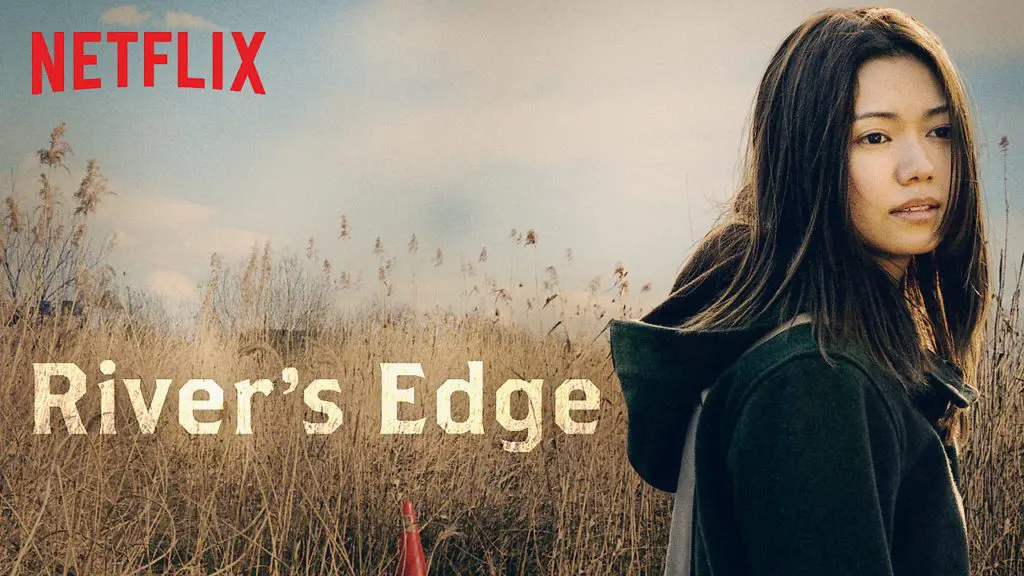Summary
River’s Edge is artfully shot and evocative, but its human component is much less involving.
Netflix, savvy as ever, is no stranger to the teen drama. Admittedly such things are usually laced with comedy or comic-book-y weirdness, as in Riverdale, or The Chilling Adventures of Sabrina or Stranger Things – a spoonful of sugar to help the medicine go down, if you like. And that puts the new Japanese Netflix Film River’s Edge in a fairly interesting spot, as rarely have you seen a teen-centric film quite so bleak, oppressive and suffocating.
There’s something to be said for this film’s aesthetics, if nothing else; its chilly rawness, shot tight and square, unyielding and unflinching. Those are the film-criticism commonplaces, anyway. Better words would be gloomy, and a bit dull, and sometimes a bit much. River’s Edge reminds me of the old and pointless debate between objectivity and subjectivity in film writing, because on the one hand a lot of its tedium is very much intentional, and on the other a lot of its tedium is very much tedious. What to do?

Another asinine verdict is to declare a film subject to one’s taste and preferences, which is pointless because that’s always true. To be more accurate would be to say your enjoyment will depend on whether you prioritise style over substance. River’s Edge is artful, and through that it does an admirable job of evoking teenage ennui, alienation, and a moody snapshot of the 90s, both in Japan itself and the films of the era. (This one is set in 1994, a year before the culture-shifting sarin gas subway attacks in 1995.)
But beyond that, the characters of River’s Edge are difficult to take to, and while they represent in some ways the usual rigours of adolescence, when the only currency you have to barter with is social status, they often don’t feel like real people, much less ones worth caring about. Haruna (Fumi Nikaidô, sure to attract attention) is a high-school student who defends and befriends her classmate, Ichiro (Ryô Yoshizawa), who is brutally bullied for being gay. Corpses are washed up by a local river, and the coming-of-age tale takes some strange, one might say typically oddball turns. Some of the high-schoolers are loathsome. None are particularly relatable or sympathetic.
It might just be me. But again, a lot of this is intentional. Isao Yukisada’s portrait of youth is sometimes nightmarish and depressing, but it’s also detached somewhat from reality; you get the sense whatever truth there is in River’s Edge will always be just slightly out of reach, a bit too inscrutable. The film’s frustrating as a result, perhaps more than anything else.




